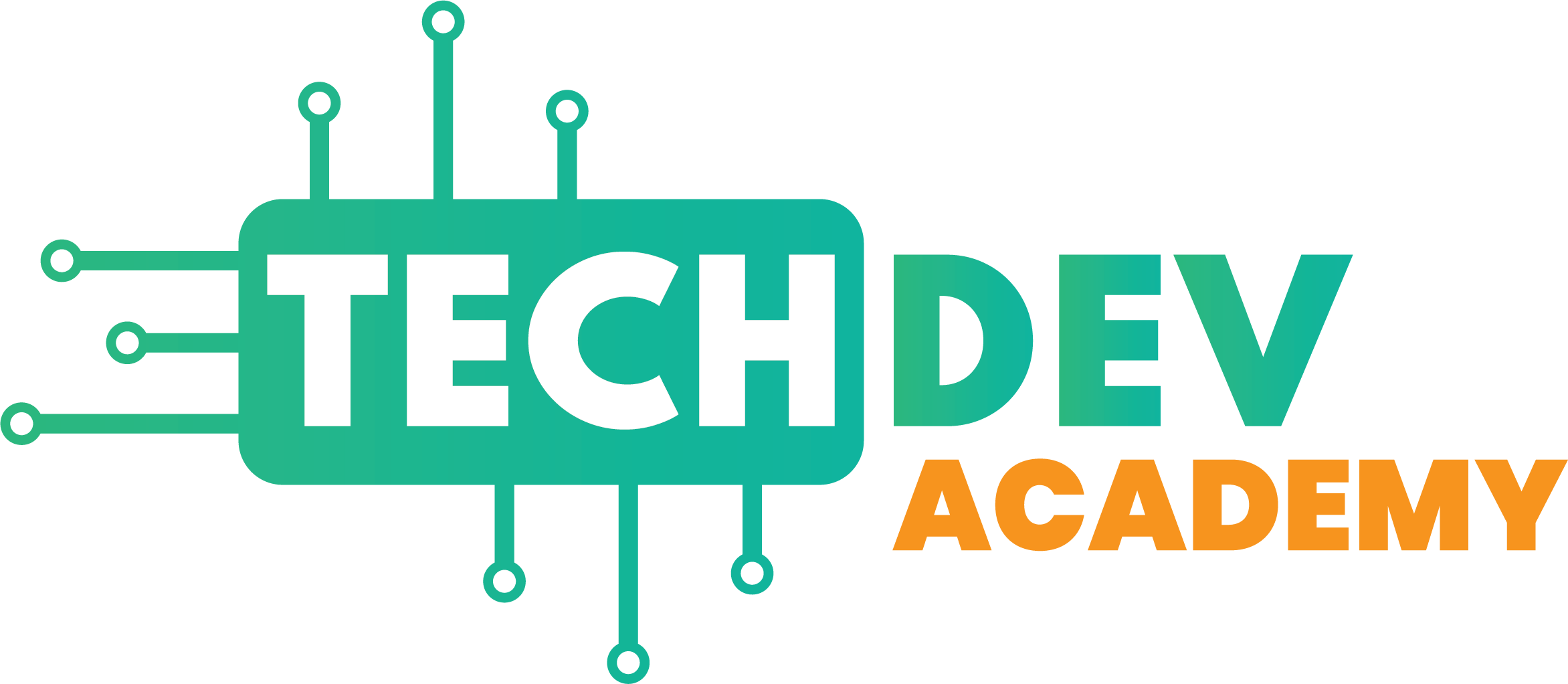When it comes to assessing English language proficiency, the choice between TOEFL and IELTS can be a challenging decision. However, you can make a clear and informed choice with careful consideration and thoughtful analysis while comparing TOEFL vs. IELTS.
The TOEFL (Test of English as a Foreign Language) is designed to evaluate an individual’s proficiency in the English language. It is created by the Educational Testing Service (ETS), which is also responsible for developing other necessary tests, such as the GRE, used for graduate school admissions.
On the other hand, the IELTS ( International English Language Testing System) is another standardized examination that assesses an individual’s command of the English language. IELTS was launched by Cambridge English Language Assessment(UCLES) and the British Council.
This article aims to provide comprehensive insights into the key differences between the two, ultimately enabling you to make an informed and confident decision.
TOEFL vs. IELTS: Test Format
The TOEFL exam lasts 3.5 hours and is divided into four sections, with a ten-minute break between the Listening and Speaking sections. Your performance in each section is graded on a scale of 0-30, and these scores are combined to give you an overall TOEFL score out of 120. Here’s a breakdown of the exam format:
| Section | Questions | Time allotted |
| Reading | 36-56 | 60-80 minutes |
| Listening | 34-51 | 60-90 minutes |
| Speaking | 6 tasks | 20 minutes |
| Writing | 2 tasks | 50 minutes |
The IELTS has two different formats: the Academic version and the General Training version. The Academic version is intended for individuals who plan to study in an English-speaking country or who want to pursue professional credentials in fields such as medicine, law, or engineering. The General Training version, on the other hand, is designed for individuals who wish to immigrate or work in an English-speaking country.
The IELTS examination is graded on a scale of 0-9, with a score of 9 representing an expert level of English proficiency. An individual’s score on the IELTS examination is valid for two years and can be used to meet the language requirements for various academic or professional programs.
The IELTS consists of four sections: Listening, Reading, Writing, and Speaking (the scoring system and formats for both versions of the IELTS are identical). Here’s a breakdown of the exam format.
| Section | Questions | Time allotted |
| Listening | 40 | 30 minutes |
| Reading | 40 | 60 minutes |
| Writing | 2 tasks | 60 minutes |
| Speaking | 3 tasks | 11-14 minutes |
The Difference in Reading Section
In TOEFL, students will encounter three to four academic passages from relevant college-level textbooks. They will be required to answer questions about them. The questions will come in three formats: common multiple-choice, inserting a sentence into a paragraph, and sorting information into visual forms such as a summary table or chart. These passages will introduce a topic or discipline.
The reading section of IELTS consists of three passages, with 10-15 questions each. The passages are sourced from various types of literature and may have different writing styles, such as storytelling, description, and reasoning. One of the passages will have a thorough, logical argument. The Reading section, similar to the Listening section, will have different questions such as multiple choice, labeling diagrams, matching, completing sentences, and providing short answers.
The Difference in Listening Assessment
The listening section of the TOEFL test consists of four to six recordings that simulate academic conversations like lectures or discussions between students and teachers. Afterward, multiple-choice questions will require ordering steps or matching objects to categories.
In the case of IELTS, students will listen to four audio recordings from different categories, including two in a casual setting, one in an academic setting, and one in a lecture at a university. After each audio recording, students must answer ten questions, including multiple-choice, diagram labeling, matching, sentence completion, and short answer.
The Difference in Speaking Test
In TOEFL, there are six speaking tasks. The first two speaking tasks are separate from each other and require the students to use their thoughts, beliefs, and personal encounters in their responses. The remaining four tasks require students to utilize multiple skills when answering them including reading, listening, and speaking, or solely listening and speaking
In IELTS, you will engage in an articulate conversation with a skilled examiner, and all the answers will be documented. This segment comprises three distinct sections.
Part 1: In this part, the student will be asked a series of typical questions about their background, education, family, and hobbies.
Part 2: The students will be given a card containing a specific topic they must speak about for two minutes, following a one-minute preparation time. After this part of the interview, the interviewer may ask several follow-up questions about the topic.
Part 3: The third part involves a more detailed conversation, focusing on the given topic, which will last approximately four or five minutes.
The difference in Writing Assessment
The writing section of TOEFL tests consists of Integrated Writing and Independent Writing. In Integrated Writing, students listen to an audio clip and read a text; they get 20 minutes to write a summary comparing the information from the two sources. The recommended length for the response ranges from 150-225 words. During Independent Writing, students express their viewpoint on a topic backed by relevant examples. The task has a time limit of 30 minutes and requires a minimum word count of 300.
The writing section of IELTS also has two tasks. Task 1 requires students to explain a visual representation using their terminologies. This can be a chart, table, graph, or diagram. Students should write at least 150 words and are advised to allocate 20 minutes to it. In Task 2, students are given a topic to write about in an academic style, requiring a minimum of 250 words and 40 minutes. Their writing is evaluated based on their response to the questions, vocabulary, grammar, spelling, and clarity.
TOEFL vs. IELTS: Which one to choose?
After learning about the IELTS and TOEFL content, it is time to decide which test is best for you. Consider the following questions to help you make your decision.
Consider The Listening Section Difficulty
The IELTS listening section requires you to answer questions while listening to the audio. This means that you have to focus on both the audio as well as the questions at the same time. Moreover, IELTS has fill-in-the-blank questions in addition to multiple-choice questions. So you need to hear the exact wording and spell it correctly to secure a point.
In TOEFL, you have to answer the questions after completely listening. This requires you to take notes. Also, all the questions are multiple-choice based, eliminating the spelling problem.
If you are comfortable answering questions while listening and have no problems with spelling, you can go for the IELTS. Otherwise, TOEFL might be a better fit.
Assess Your Writing Abilities
In TOEFL, you listen to a lecture, read some text, and write an integrated essay using arguments. In IELTS, you must describe a chart or a map instead of writing an integrated essay. Take a practice test to assess your writing abilities effectively. Numerous online practice tests for both IELTS and TOEFL are available for download. Set a timer and take these tests to gain a better understanding of your capabilities.
Speaking on a Computer vs. Having a Face-to-Face Interview
The Speaking section of the TOEFL is conducted digitally, where you listen to recorded questions and respond with a microphone, while the IELTS involves speaking with a live person. It is one of the main distinctions in TOEFL vs. IELTS comparison, as talking can be scary for some individuals who prefer the latter due to the lack of human interaction. In contrast, others find conversing with an actual person more comfortable than speaking alone.
Paper-Based vs. Computer-Based
TOEFL is entirely computer-based, while IELTS has both computer-based and paper-based options. Some individuals may prefer the convenience and familiarity of a computer-based exam, while others may feel more comfortable with a traditional pen-and-paper format.
Check which Tests are Accepted by Your Desired Schools
Accepting either test by the schools you want to apply to is crucial, as it outweighs all other factors. The IELTS and TOEFL are commonly recognized by universities and colleges worldwide for undergraduate and graduate programs. American institutions tend to accept the TOEFL more often, while the IELTS is more frequently accepted internationally. Nevertheless, many schools accept both exams, although verifying whether any preference exists is advisable.
By considering these factors and assessing your own preferences and abilities, you will be better equipped to make an informed decision whether TOEFL vs. IELTS.

